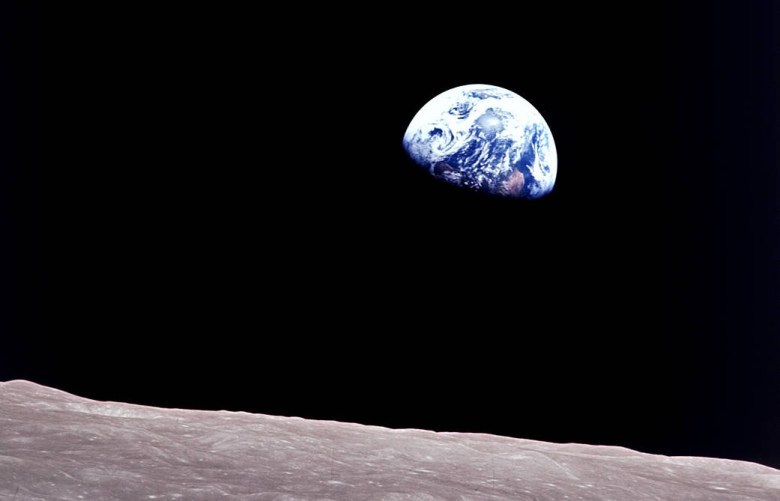
San Diego’s scientists are showing up for climate change.
NASA has selected four proposals for concept studies to provide detailed information about the planet’s oceans, atmosphere, land, and ice, and provide new layers of details about how climate affects them.
Of those four proposals, two are led by scientists from UC San Diego’s Scripps Institution of Oceanography.
The investigations are part of the agency’s new Earth System Explorers Program, which is designed to enable high-quality, detailed investigations to focus on previously identified key targets. This set of missions will prioritize observing greenhouse gases.
“This selection demonstrates our world renowned leadership in earth observation and satellite remote sensing,” said UCSD chancellor Pradeep Khosla in a statement.
“Through our longstanding institutional commitment to understanding and protecting the planet, UC San Diego is advancing new discoveries, developing policy recommendations and creating solutions for climate change that will benefit all of humanity.”
The two UCSD-led teams are helmed by Scripps glaciologist Helen Amanda Fricker and Scripps physical oceanographer Sarah Gille, both of whom have been involved in prior NASA satellite missions.
As finalists, their teams will each receive $5 million to conduct a one-year mission concept study. After the study period, NASA will choose two proposals for satellites to launch in 2030 and 2032, with a budget of $310 million for each chosen investigation.
More information about NASA’s Earth Systems Explorer program can be found here.
